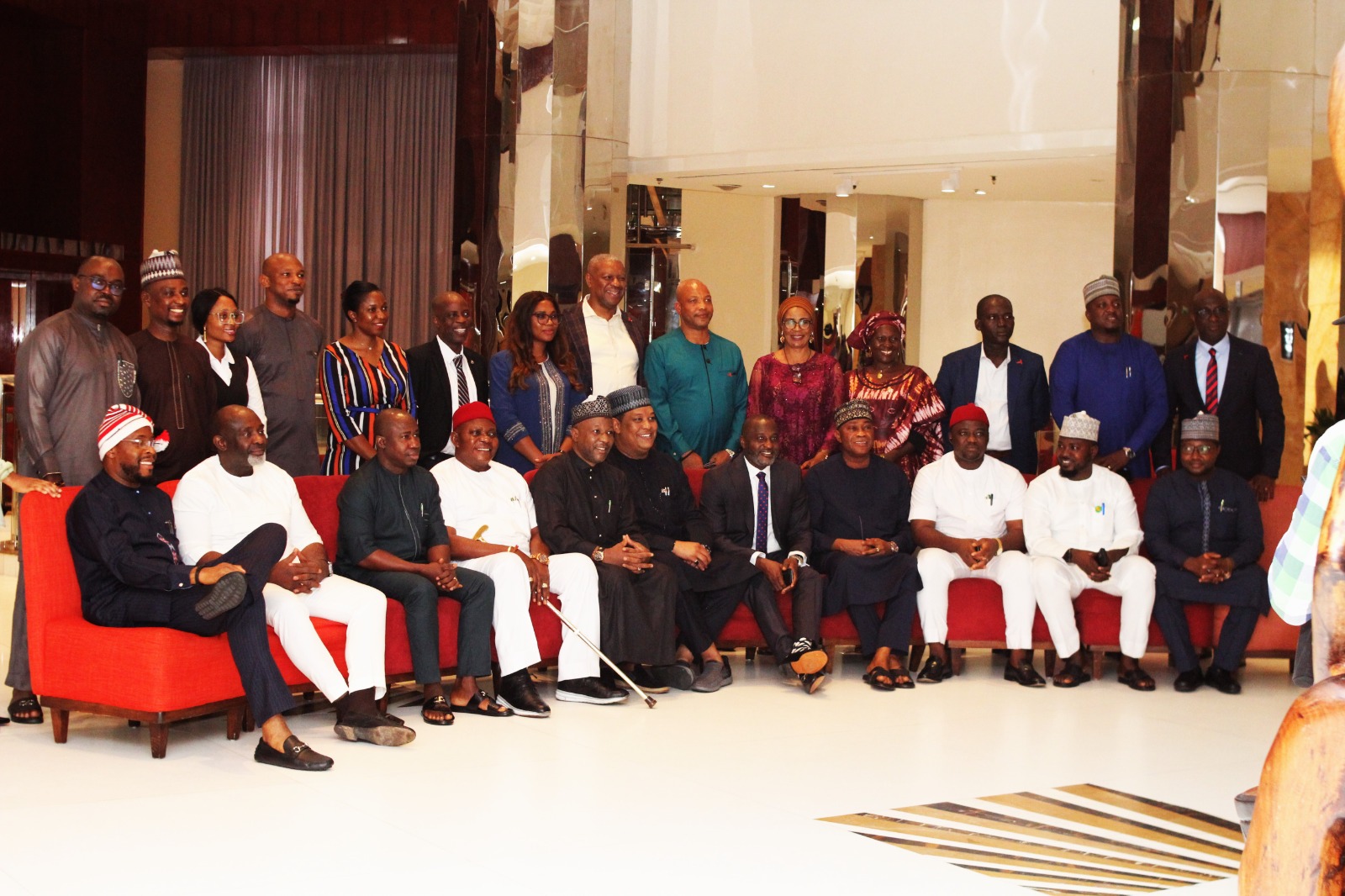
Bingham University’s Zankli Research Centre Co-Hosts The Parliamentary Consultative Meeting On Tuberculosis In Collaboration With The Federal Ministry Of Health
Published on: May 18th, 2024
The LIGHT Consortium, Zankli Research Centre at Bingham University recently co-hosted a Parliamentary Consultative Meeting with the Federal house of Representative’s Committee on HIV/AIDS, Tuberculosis and Malaria. The event served as a platform for informed discussions and strategic planning to address the pressing challenges surrounding Tuberculosis in Nigeria.
In his opening remarks, the Chairman of the House Committee HIV/AIDs, Tuberculosis and Malaria, Hon, Amobi Ogah appreciated the relevant stakeholders for making themselves available for the meeting stressing the importance of the meeting as everyone is a stakeholder in ensuring that TB ends in 2030 according to the SDGS target. He pledges that the committee will work assiduously with all stakeholders in this fight. He added that the Parliamentary Consultative forum was an information and learning opportunity to empower the committee toward addressing the various concerns related to the eradication of Tuberculosis.
In his presentation, the Research Uptake Manager for the LIGHT Consortium and faculty in the Department of Community Medicine and Primary Health Care, Associate Professor Toyosi Adekeye stated that LIGHT Consortium is a six-year cross-disciplinary global health research programme funded by UK Aid, led by the Liverpool School of Tropical Medicine working with partners in Kenya, Malawi, Nigeria, Uganda, and the UK. He added that LIGHT aims to provide new evidence on the effectiveness of gender-sensitive approaches to health for those with TB. He further stated that the initiative will contribute to improved health, socio-economic and equity outcomes and efforts to stop the spread of TB with the hope of influencing policy at national and state levels.
Adekeye outlined to the House Committee the need to advance evidence-based policies on tuberculosis at the National Assembly, spearhead resource appropriation for improved TB care and services in Nigeria, monitor health budget allocations to ensure funds reach designated ministries, advocate for TB inclusion in both national and local health agendas, ensure government accountability to United Nations High Level Meeting targets, the Abuja Declaration, and SDGs, collaborate with other ministries to advocate for social protection for those affected by TB, and facilitate community-led participatory actions in constituencies to raise awareness and address stigma and discrimination associated with TB, Buruli Ulcer, and Leprosy.
In his presentation, Dr. Ebuka Ugwu who is the LIGHT Consortium’s Early Career Researcher provided a brief overview of the global TB burden and access to care, emphasizing that TB stood as one of the most lethal single infectious agents worldwide in 2022. The total number of TB deaths was reported at 1.3 million, surpassing the combined deaths from malaria, HIV/AIDS, and total Ebola deaths. He stated that Nigeria is the 6th country with the highest TB burden in the world and Number 1 in Africa. He added that in Nigeria, 98,000 people died of TB meaning 268 died daily and an average of 11 people die every hour of a disease that is preventable and curable. He added that men are most affected but often experience delays in receiving treatment, hence the inclusion of gender-sensitive components in the outreaches targeting men. He further stated that 70% of all persons diagnosed with TB were men.
The Consultative meeting ended with the house committee proposing regular meetings, recognizing the gathering as an eye-opener necessitating collaborative endeavors to address the epidemic effectively. They also reiterated their commitment to fostering a strong partnership with the ZRC LIGHT Consortium, at Bingham University.

